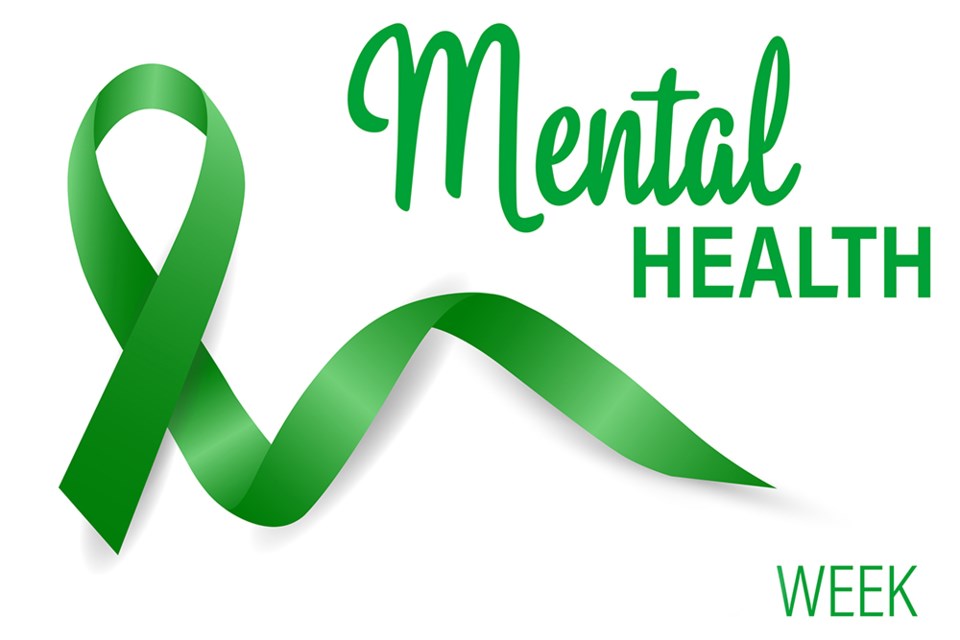The first week of May brings budding flowers, warm days and, reliably since 1951, Canadian Mental Health Association’s (CMHA) Mental Health Week. The theme of the 71st event is: This is empathy.
The week from May 2 to 8 dedicated to seeding awareness and stimulating conversation around the mental health of Canadians could not have come sooner, and the theme of empathy could not be better chosen.
Almost beyond language, empathy is a place in our mind which we reserve for another person and how they feel. When pursuing the real meaning of empathy, you start to brush up against the foundational parts of a human being: the ability to feel another person’s pain or loneliness deeply changes our shared reality.
Empathy, when working in balance with the rest of life, blurs the lines which separates you and me, or, us and them.
An incredibly early and fundamental lesson in empathy occurs in the first moments of life. When a newborn is passed from a doctor or doula to its mother’s warm arms, the brain’s neural development has the basic healthy start which will influence everything else in this complex world.
This initial act of love and bonding is a first building block of our life and profoundly influences the world we will live in.
Like everything, even empathy can be negative when experienced in excess.
When we see a person in mental or physical distress our intuitive reaction is empathy toward a person’s pain. However, a professional, such as, for example, an emergency room nurse or doctor, who addresses a traumatic situation must regulate, or even turn off their empathy to retain clarity of thoughts while saving a life.
Empathy without emotions would seem like the opposite, as in apathy or indifference to another person’s pain. However, this could not be more distant from the truth. Cognitive empathy is being empathic with thought rather than feelings or emotions.
Choosing a profession that continuously addresses other people’s mental or physical trauma is a deeply empathic act. In that sense, cognitive empathy also contains the two types of empathy with which we are more familiar: compassionate and emotional.
Incredibly, in the last decade, technology and research has begun to explain the role of empathy in a neurological, biochemical sense.
Mirror neurons are part of electrical events which occur in the brain’s region that engages in speech perception. When we observe a person’s action, we automatically mirror, in our brains, the brain activity of that other person.
Empathy could be a built-in feature of thought rather than learned later in life. The research might help explain empathy from a scientific position.
Mental illness and wellness have been topics spoken about in hushed tones and left in unlit corners of our collective lives. Social stigma and painful prejudgment toward people with mental ailments have been compounding the urgent health problem for centuries.
Ignorance has left people feeling cold indifference to suffering, which intensifies illnesses of thought and behaviour. Empathy and its curative influence have been left out of the equation until recently.
Beginning in the middle of the last century, CHMA’s Mental Health Week and other pioneering efforts have begun shining the disinfecting sunlight of empathy on mental illness in all its forms.
Empathy is the hope and love which energizes the conversation around mental health and pushes it to a place where healing can begin.
Robert Skender is a qathet region freelance writer and health commentator.



